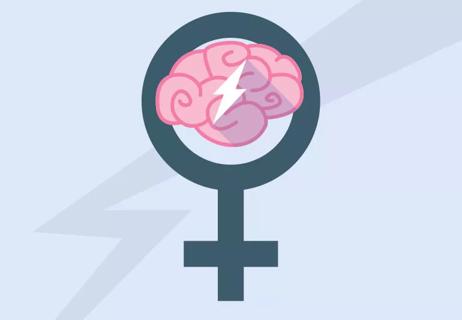The short answer from a cerebrovascular expert

A: While driving a stroke patient to the hospital may initially seem like the best choice, calling 911 for an ambulance is the fastest way to get life-saving treatment to a stroke patient.
Advertisement
Cleveland Clinic is a non-profit academic medical center. Advertising on our site helps support our mission. We do not endorse non-Cleveland Clinic products or services. Policy
A stroke is a medical emergency, and time is of the essence. The more time that passes between the stroke and treatment, the greater the risk of brain damage, and the harder it becomes to reverse symptoms. Early treatment with medications and other interventions can preserve brain tissue and prevent long-term disability and/or death.
The 911 operators know which hospitals are designated as stroke centers and can best provide care. Interventions can begin en route in the ambulance or the mobile stroke treatment unit.
Mobile stroke treatment units are essentially intensive care units on wheels. The unit’s team, guided by a stroke specialist back at the hospital, can examine and perform blood tests as well as CT scans on the patient. If indicated, they can start clot-busting drugs. This process saves precious time compared with driving to the hospital.
If you notice the signs of stroke in someone nearby, call 911 immediately to give them the best chance for long-term recovery.
In the meantime, if the person seems weak, encourage them to sit or lie down so that they don’t fall, and avoid giving them aspirin or water. Aspirin increases the risk of bleeding if the stroke was caused by a hemorrhage and water poses a choking hazard.
Advertisement
—Cerebrovascular specialist Zeshaun Khawaja, MD, MBA
Advertisement
Learn more about our editorial process.
Advertisement

Seek immediate medical attention for sudden loss of balance, vision changes, slurring, facial droopiness and limb weakness

Strokes in the left side of the brain are more common and the effects are typically more noticeable

Your age, the type of stroke you had, the cause and the location can all impact your recovery

It can be overwhelming, but habit changes help lower your risk of another stroke

Hormonal changes and pregnancy are some factors unique to women

What you eat may protect you from a ‘brain attack’

Know the warning signs + decrease your risk

The short answer from a vascular neurologist

If you’re feeling short of breath, sleep can be tough — propping yourself up or sleeping on your side may help

If you fear the unknown or find yourself needing reassurance often, you may identify with this attachment style

If you’re looking to boost your gut health, it’s better to get fiber from whole foods